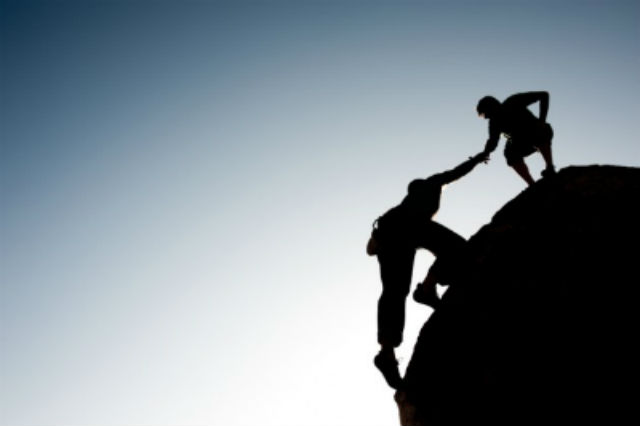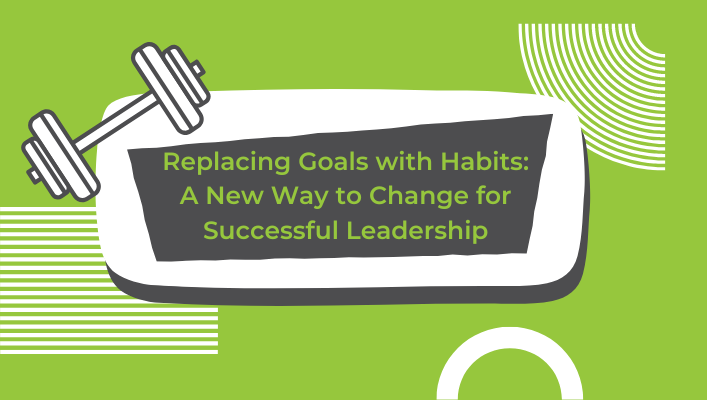While most of us whole-heartedly endorse character as critical to leadership, and most of us require it in the leaders we work for and seek out, few of us consciously seek to develop our own character. Despite this, I cannot recall a single leader asking, “Kevin, I have been struggling with my character. I think I need to do some work here.” We tend to complain about our eyesight and memory more than we criticize our own ethics and character. We acknowledge it as important, but rarely, if ever, genuinely examine it. We tend to expect character in others, require it in leaders, but rarely do we hold ourselves to the same standard.
So what is this thing we call “character?” Not an easy thing to define. One way to look at it might be our most authentic, unvarnished, non-spin-doctored self. It is the person and the leader who shows us for better or worse when no one is looking. In its highest state, character is the leader who serves; in its lowest state, it is the leader who self-serves. Character is that small, still voice that sometimes is too loud for comfort in the middle of the night, and sometimes is too faint for influence in the heat of daily leadership.
Ralph Waldo Emerson defined character as the quiet, reserved, value-creating force of the person, untouched by circumstances or external pressures. When aligned with action, character adds energy, value, service, and contribution to all it touches; character elevates human endeavor.
Terry Bacon, an expert on power and influence, has conducted extensive research on the personal sources of power. His findings identify five personal power sources: knowledge, expressiveness, history, attractiveness, and character. Significant in his research, “character is the only source of power that can add to or subtract from every other source. You can be very knowledgeable, eloquent, attractive and have existing relationships with the people you are trying to influence, but if they perceive that your character is flawed, your power to lead and influence them will be greatly diminished.” On the positive side of character, Bacon writes, “Being recognized as a person of character enhances your capacity to lead and influence others because they trust your intentions, are more confident in your leadership, and see you as a person worth emulating.”
A CEO of a major company told us that pausing to understand where her leadership is coming from, character or coping, has been a most valuable awareness. “It helps me to be clearer, to feel more confident in my choices and not feel unseated by other people’s choices.” It helped her to see decision-making processes from a new perspective. She learned that pausing “strengthened her muscle of intention, instead of leaving choices and their impact to happenstance.” This made her more conscious of the impact leaders have.
The Tiger, the Pig, the Donkey, and the Nightingale
Is there anything more important than leading in character, serving the needs of the broader enterprise and the communities in which we operate? We need leaders and want to develop leaders who place service to the enterprise and society above self-service, and there are many of them. Unfortunately, our society also is littered with the damage done by leaders with positional and competency power who lacked character power. Daily we read about another fallen leader. In the not too distant past we suffered a global character crisis, which fueled a financial crisis because of self-focused decisions that were personal surrenders of character. Leaders do not suddenly become bad people. It evolves over a “thousand tiny surrenders of self-respect to self-interest.”
The battle between being self-serving and serving others is a constant human struggle. Ambrose Bierce wrote, “In each human heart are a tiger, a pig, a donkey, and a nightingale. Diversity of character is due to their unequal activity!” The salient question is, “How do we move from the ass to the nightingale more often?” If power indeed corrupts, how can we build character immunity before we face even more expanded power?
Character is at the core of our authenticity, as well as our power—our individual power, relational power, and contribution power. The less self-aware we are, the less we feel remorse for what we have done or empathy for those we have hurt, and the more damage we are capable of perpetrating. On the one hand, we can get angry and self-righteous and say, “Those damn, unethical leaders, how could they do that?” Or, we can pause…recognize that we all have that potential to self-serve, and engage our own commitment to making sure that we are acting in character. As Confucius advised, “When you meet a virtuous person, try to equal him. When you meet a person without virtue, look at your own shortcomings.”
Why get overly distracted and self-righteous about the fallen leaders we read about in the news feed? Instead, maybe we should focus on what threatens our souls. Blaming others for lack of ethics and character may actually distract us from taking the time to consider the tough character-driven choices in our own lives. Let’s commit to being the character we wish to see in others.
Read the original article at Forbes.



